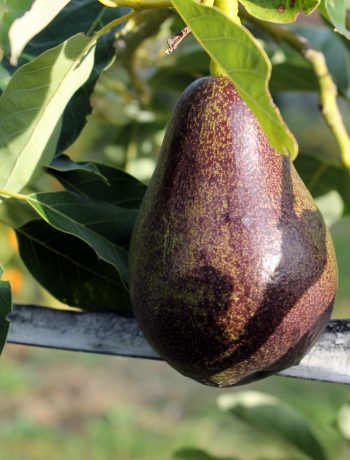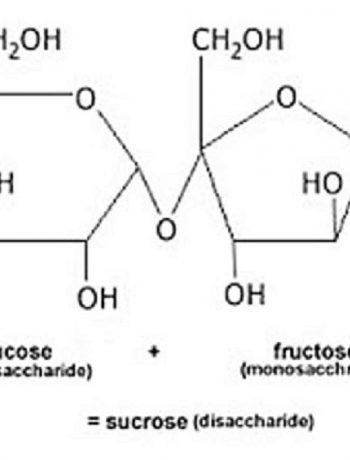
When you take a bite out of that luscious pear or homemade blueberry tart, have you thought about the role of bees ? The healthy growth and production of this fruit came depends on the work of bees. As beens move from flower to flower collecting nectar, pollen from one flower sticks to the bees’ fuzzy legs and bodies. When the bees move on to other flowers, they move pollen too. This pollinations is the first step in flowers developing into the fruit you enjoy.
Elizabeth Grossman in her article on the environment reports that one of every three bites of food eaten worldwide depends on pollinators especially bees. Without the pollination that bees, insects and other animals carry out for our trees and plants, the ability for fruit production and other crop production would be diminished significantly.
Our fruits would not taste as sweet, look as good, or grow as well. In effect it would be a “bee-tastrophe”, to quote the farmers. Our bee colonies continue to dwindle, so much so that the multiple factors for the death of the bees has been lumped into a new term known as colony collapse disorder.
As nearly 30% of our hives are lost each year, beekeepers watch as each year 30 to 40% of their colonies are decimated through causes which are still under investigation. Of the multiple causes, new pesticide exposure neocitinoid, only used to since the 1990s, is just one of the implicated causes in colony collapse disorder.
This pesticide kills by disrupting the nervous system pathways of the bees even though is intended for other insects that might damage crops. Neocitinoid is sprayed to penetrate the fruit itself. Insects that may be feeding on the growing fruit are killed by ingesting the tasteless odorless insecticide.
Even the sap from seeds treated wtih neocitinoid, a dose lethal enough to damage a honey bees’ nervous system, can cause them to become disoriented, hamper feeding, and paralysis (M.E. Collin et al 2004) Even doses that are not directly lethal may overstimulate bees to the point of death. Pesticide use overall is implicated in colony collapse disorder.
Mites that afflict bees have developed a level of resistance to pesticides that once gave effective control. It is still unclear whether mites which are frequently found in the abandoned hives are culprits or just accomplices in colony collapse disorder, but it is clear that the pesticide and current industrial beekeeping practices are threatening bees’ production and their role in creating luscious fruit .
There is good news, however. Organic bee colonies are not being affected by this. What can we do as Sacramento residents that savor our food, resources, and our health? Buy organic food, avoid pesticides and herbicides in your own yard (like round up!), and plant bee friendly flowers, and watch your dandelions grow.Bees





No Comments